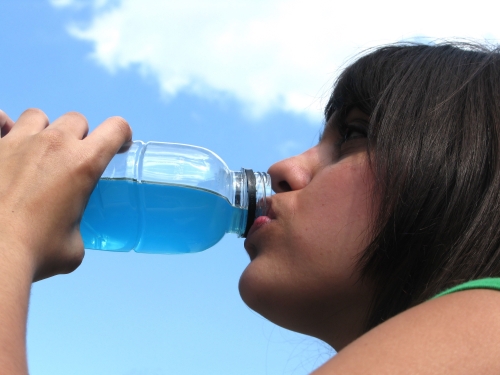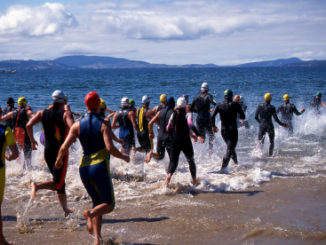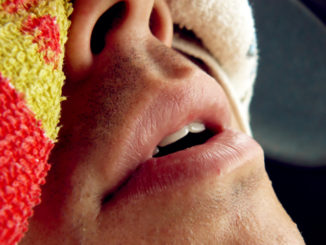
Hydration is the process of maintaining the proper balance of water in the body. By following a few standard hydration tips, one can maintain the healthy ratio of water content in the body under different conditions of heat and physical exertion.
Almost all the bio-chemical reactions that occur in body cells depend on a proper balance of water and electrolytes. This balance is essential to maintain life and an active level of physical and mental performance.
The health benefits from being well hydrated
A well functioning hydration system allows for the healthy extraction of nutrients from food, proper replenishment of vital fluids, and an overall detoxification of the human body. Systemic dehydration can lead to cycles of fluid retention and chronic pain, including headaches and arthritis.
Hydration prevents the drying of the lubricating layer of interfacial tissues and also averts tissue inflammation and pain. Another reason why proper hydration is vital is that it helps to keep the kidneys in good condition by playing a filtration role, thus preventing the formation of kidney stones. Adequate fluid replacement facilitates the maintenance of hydration, thereby ensuring good health and safety.
Daily water consumption to keep hydrated
A normal person requires about eight to nine glasses of water every day in order to replace the average loss of body water due to perspiration, urine and respiratory water loss. Beverages and food also count towards the total water intake.
Extensive research has highlighted the fact that fluids that are flavoured, lightly sweetened and contain some sodium tend to facilitate the stimulation of voluntary drinking, more so than with pure water alone. With the addition of carbohydrates as a sweetening agent, hydration will be more effective. Adequate hydration is required for people who are physically active and such individuals may require in excess of 10 quarts in very hot conditions.
Increase activity requires increased hydration
A standard hydration tip is to drink at least eight 250 ml servings of water daily. More physically active persons will require even more water. Another vital hydration tip suggested by several experts is that you should drink plenty of water throughout the day and not wait until you are thirsty.
Substitution of beverages and water with alcohol or caffeine is not recommended as they act as diuretics, causing excessive water loss through increased urination.
If you are exercising, you should drink water throughout your workout. It is best to carry a bottle of water with you and take frequent water breaks to cover the loss of fluids due to perspiration. The human body also loses water while you sleep.
Drink a serving before you sleep and when you wake up in the morning. If it is extremely hot outside, drink cool water as it is absorbed faster than warm fluids and helps to cool off the over heated body.
When going on a trip, you should always carry a bottle of water with you. Children require adequate hydration to balance their intake of other beverages, especially during activities like playing, swimming and so on.
How to test for hydration levels
It is advisable to check the hydration level of your body from time to time. A simple test for this is checking the colour of your urine.




Be the first to comment